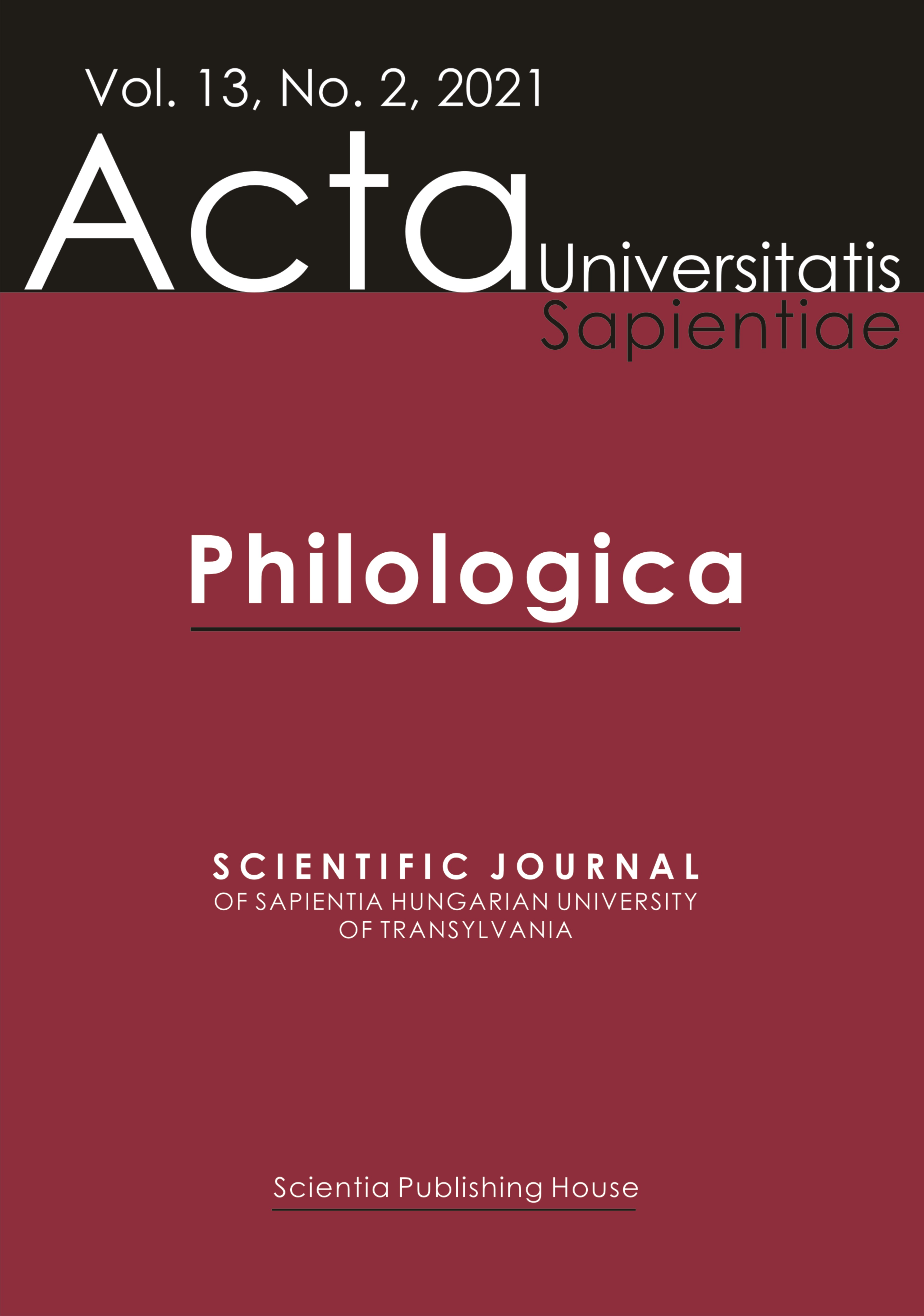Saying ‘No’ to Immigration Quota: An Analysis of Evaluative Language in Hungarian and Romanian Political Discourse
Saying ‘No’ to Immigration Quota: An Analysis of Evaluative Language in Hungarian and Romanian Political Discourse
Author(s): Kinga KolumbanSubject(s): Pragmatics, Sociolinguistics
Published by: Scientia Kiadó
Keywords: evaluative language; value position; alignment; European migrant crisis; resettlement quota;
Summary/Abstract: One of the most controversial issues during the 2015 migrant crisis and the subsequent process of reformulating immigration policies by the European Union was that of the mandatory resettlement quota. Hungary and Romania formulated very different positions related to migration, but both were critical regarding the mandatory quota. This study analyses parts of declarations and speeches of two heads of state, Viktor Orbán for Hungary and Klaus Iohannis for Romania, concerning the quota issue, by employing the framework of evaluative language, which focuses on the dialogic, interpersonal aspects of utterances. Beyond the fact of rejecting the quota, Martin and White’s (2005) taxonomy brings to the forefront the linguistic means through which the two speakers evaluate the subject (a problem of logistics that needs a pragmatic approach or a matter of cultural and national identity) and establish (dis)alignment as representatives of their countries (“official voices” of Hungary and Romania) with regard to the EU position.
Journal: Acta Universitatis Sapientiae, Philologica
- Issue Year: 13/2021
- Issue No: 2
- Page Range: 161-176
- Page Count: 16
- Language: English

